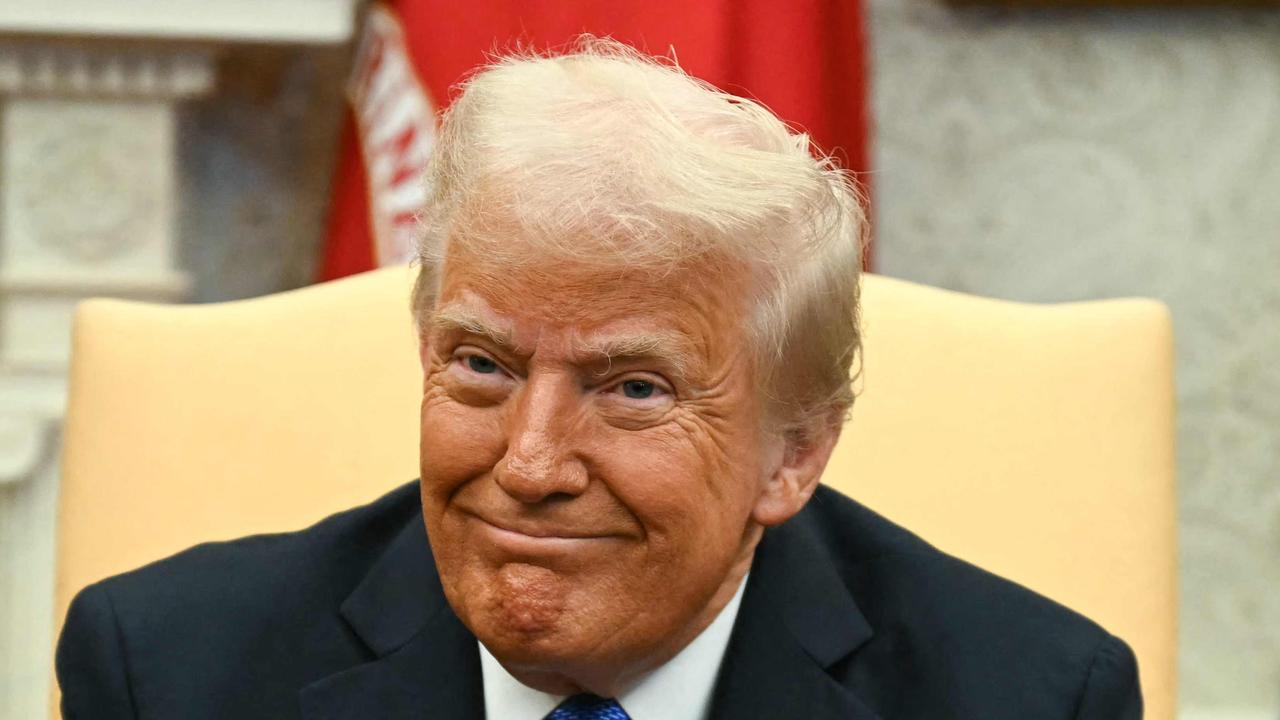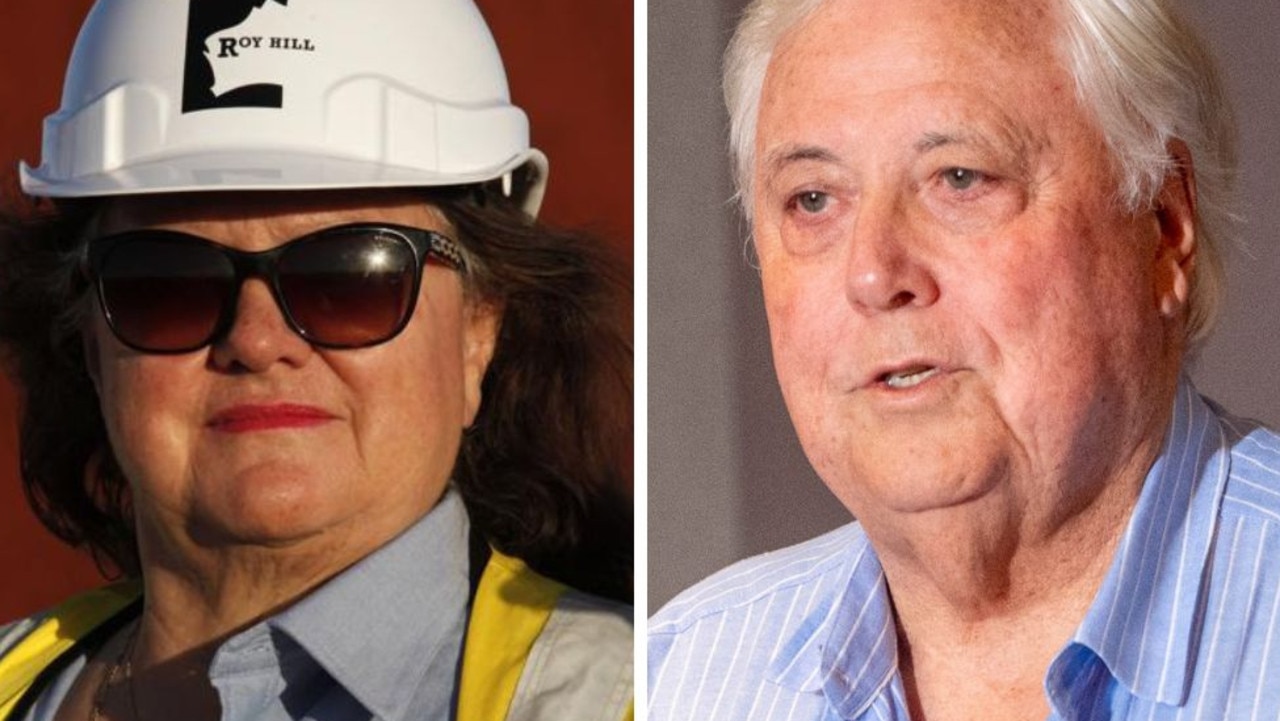Does this picture make you feel uncomfortable?
A photo taken of Scott Morrison and his wife was supposed to put voters at ease. Instead, it’s sparked controversy and unrest.
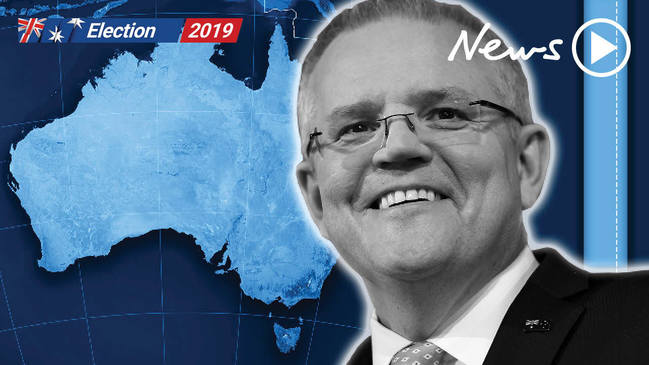
Never before has Australia had a Prime Minister so overt in displaying his faith.
If you believe the most recent books on the Turnbull/Dutton/Morrison saga, letting reporters into his local Hillsong Church was a deliberate strategy by Scott Morrison to target voters in a number of marginal seats.
Cynical? Perhaps. Dangerous? Potentially. Controversial? Absolutely.
The question is, why does a picture of our PM at worship make even my most conservative and religious friends feel slightly uncomfortable?
RELATED: Scott Morrison asks for more prayers, more love at Hillsong
RELATED: Prime Minister Scott Morrison hits back at mockery of his church photos

There are many things wrong with the image of a PM trying to preach politics to his constituents from a pulpit.
Firstly, the Australian constitution has a provision attempting to ensure that government remains secular. This was written in 1897 when the vast majority of Australians were homogenously Christian, yet they still felt it was necessary to permanently enshrine the separation of church and government.
Today, 39.2 per cent of Australians either have no religion or didn’t state a religion in the last census — Catholicism reported 22.6 per cent, Other Christian 16.3 per cent and Anglican about 13.3 per cent, with Islam, Buddism and Hinduism rounding out the top six. The fictional Jedi faith (not recognised as an official religion) had 48,000 dedicated followers, which is more than all of the Australian Hillsong congregations combined.
I am not advocating that Australians should become less religious, far from it. The general Australian attitude to religion has always had the quintessential Australian flavour of “everyone has the right to practice their own religion, as long as they don’t shove it down my throat”. But I do think a lot of Australians feel uncomfortable with religion being so publicly on display in politics. They feel it creates an us/them division that to many Australians goes against the spirit of ‘a fair go for all’.
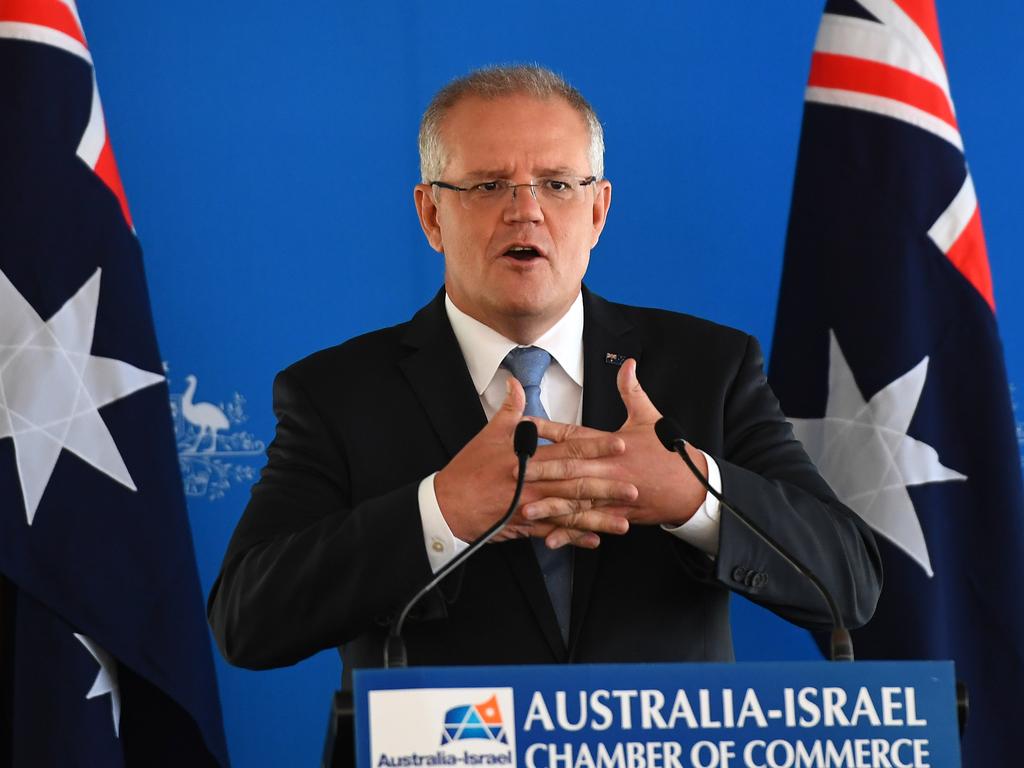
Let’s talk about miracles. Our PM states that his election victory held true to his “belief in miracles”, speaks of his life as “blessed with miracles” and has described the birth of his daughters as a “miracle”. Beautiful sentiments, but do we really want to base our nation’s politics on miracles?
Where does a miracle sit on the scale of good public policy? Is it equal to scientific endeavours? Does it outweigh facts in public debate? Will it become a consideration in the formulation of the government’s next big policy announcement? I find it interesting that since everyone started carrying mini cameras in their pocket, the worldwide prevalence of miracles has declined.
The modern miracle does not seem to provide a solid basis for government. And the other thing to be said about the politics of miracles is that they can be subjective — in times of conflict, a ‘miraculous’ win by one side in war often means a tragic defeat and horrific loss of life for the other side. It’s us/them again.
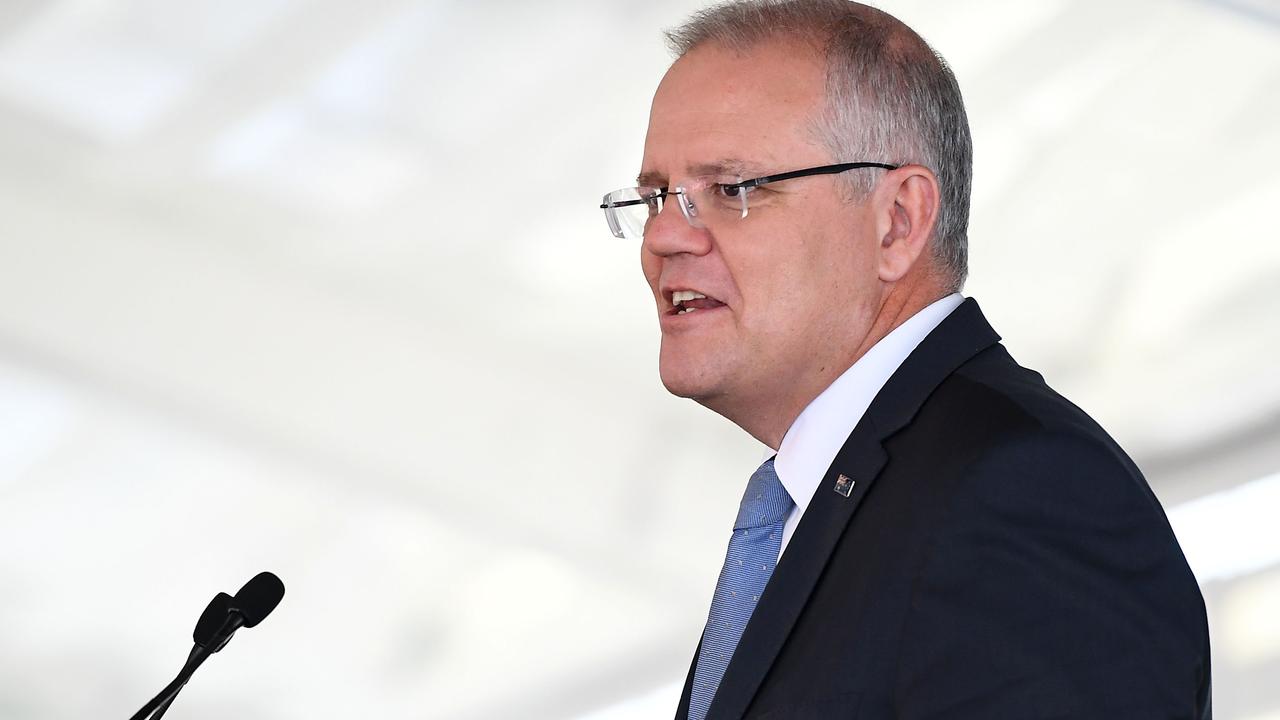
The crossover from religion being seen as a private/personal matter to overt public displays of religion could be seen to be a logical extension of a world powered by social media and the 24/7 news cycle, where nothing seems off limits.
The Israel Folau controversy has again unearthed demands for ‘religious freedom’ which seem to be arising daily. But are we really sure that our religious freedom is actually under threat?
Why has a religious freedom bill become a priority number one issue for the Federal government? And why is an Australian PM being so overt about using his religion for political mileage? Could it be dog whistling? Is it a cover for the many current government policies (treatment of refugees, the Centrelink robo-debt etc.) that Jesus himself might have found to be ‘Un-Christian’?
It seems Australia is in the grip of yet another religious debate, for reasons no one can really be sure of. Whether it be the marriage equality debate or the Ruddock Religious Freedom Review (which found objectively that religious discrimination is not a problem in Australia), the public is tiring of the political religious discussion dog whistle.
With a nearly 40 per cent atheist population, protecting ‘religious freedom’ doesn’t affect the lives of a lot of Australians and many feel there are other matters the government could be concentrating their efforts on.
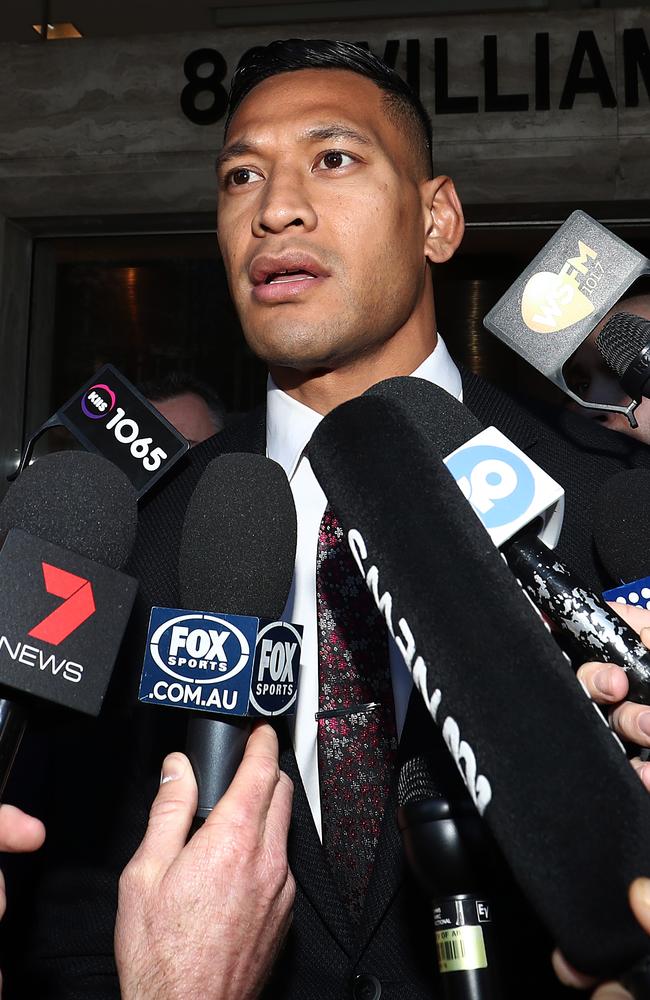
And the whole religious freedom bill is a bit of a snow screen anyway. The intent of any political religious exemption was always to be a shield rather than a sword, i.e. to protect those practising their religion, not to impose religious views on others.
However, given that every state in Australia already has religion as a protected attribute under anti-discrimination laws, religious groups can already hire, fire and discriminate against groups like single parents, people in a defacto relationship or the LGBTI community as they see fit.
Granted, there is a small group of Australians who enjoy a kneejerk response to religious discussion and the way that this ripples into politics. I share the view of some leading commentators that the church (who currently pay no tax in Australia) are demanding a special kind of ‘free speech’ which is being denied to others. Those commentators who loudly support Folau for using ‘free speech’ are the same ones who advocated that religious schools should be allowed to fire teachers for speaking out if it didn’t align with their religious teachings.
I believe when talking about freedoms that you cannot have it both ways.
And neither can our politicians. The Government’s own religious freedom inquiry found that “one of the worst offenders when it comes to discriminating on the grounds of religion is the Federal Government itself”.
Is it time for Scott Morrison and the government to practice what they preach?
Do you prefer less religion in your politics? Did I get it wrong? Continue the conversation at @neilpharaoh

